Home>Gardening & Outdoor>Landscaping Ideas>When To Seed Bermuda Grass In Georgia
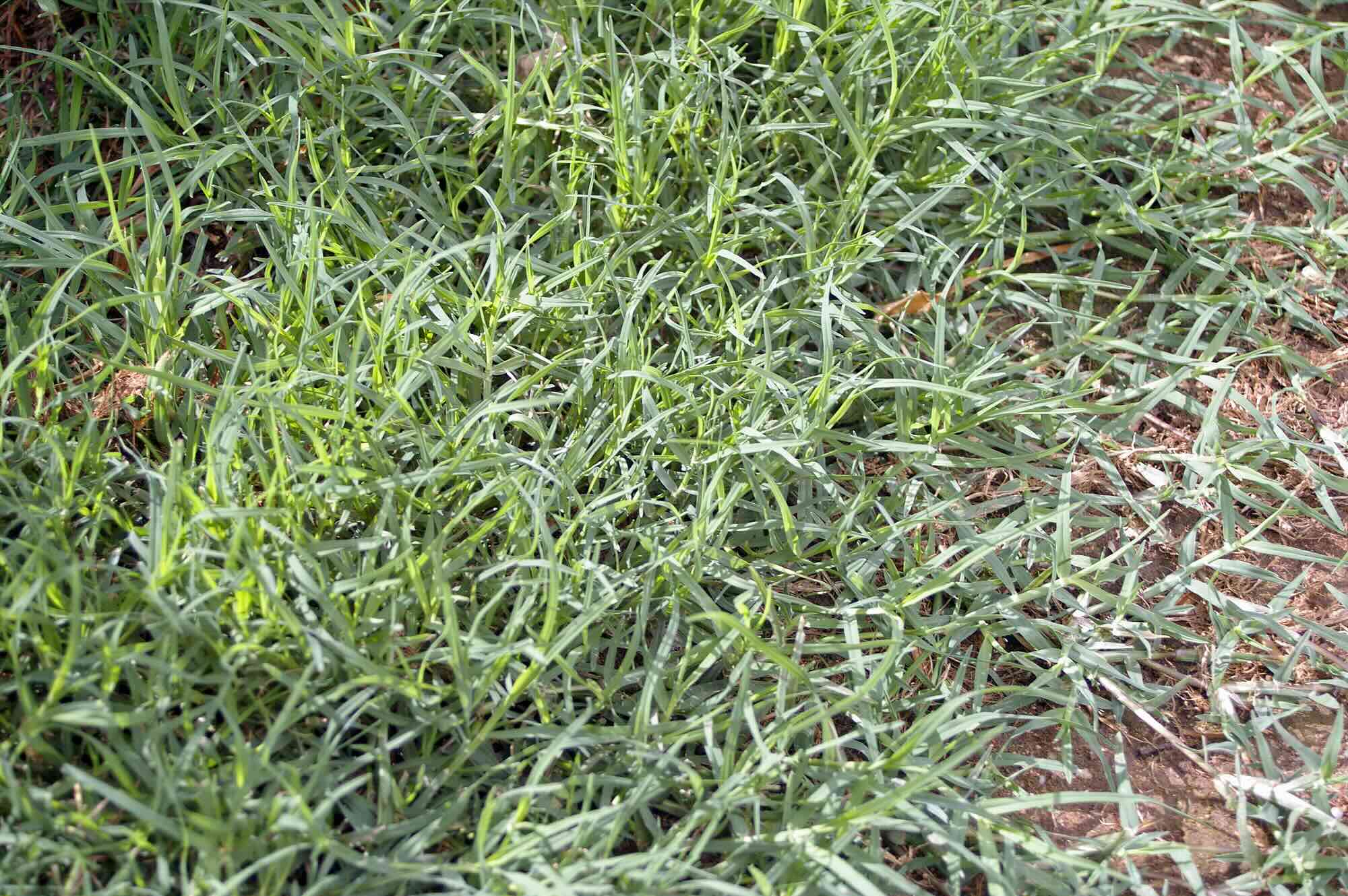

Landscaping Ideas
When To Seed Bermuda Grass In Georgia
Modified: April 1, 2024
Learn the best time to seed Bermuda grass in Georgia for a lush lawn. Get expert landscaping ideas and tips for successful grass seeding.
(Many of the links in this article redirect to a specific reviewed product. Your purchase of these products through affiliate links helps to generate commission for Storables.com, at no extra cost. Learn more)
Best Time to Seed Bermuda Grass in Georgia
The best time to seed Bermuda grass in Georgia is during the late spring or early summer months. This warm-season grass thrives in the hot and humid climate of Georgia, making it essential to time the seeding process correctly for optimal growth and establishment.
Bermuda grass seeds germinate most effectively when the soil temperature consistently reaches 65-70°F (18-21°C). In Georgia, these conditions typically occur between late May and early August, making this period the prime window for seeding Bermuda grass.
During this time, the warm soil and ample sunlight create an ideal environment for Bermuda grass seeds to sprout and develop into a lush, vibrant lawn. By seeding during the late spring or early summer, homeowners can take advantage of the longer daylight hours and warmer temperatures, which promote rapid and robust growth.
Additionally, seeding Bermuda grass during this period allows the newly established turf to establish strong roots before the arrival of cooler temperatures in the fall. This early start provides the grass with ample time to develop a healthy root system, ensuring its resilience during the winter months and promoting vigorous regrowth in the following spring.
By aligning the seeding process with the optimal timing for Bermuda grass growth, homeowners in Georgia can set the stage for a thriving and resilient lawn that withstands the region's climate challenges.
In summary, the late spring to early summer period offers the best conditions for seeding Bermuda grass in Georgia, enabling homeowners to capitalize on the warm temperatures and abundant sunlight to establish a robust and resilient lawn.
Key Takeaways:
- Best Time to Seed Bermuda Grass in Georgia
Late spring to early summer is the best time to seed Bermuda grass in Georgia. The warm soil and ample sunlight create an ideal environment for rapid and robust growth, ensuring a thriving and resilient lawn. - Factors to Consider Before Seeding Bermuda Grass
Before seeding Bermuda grass, consider soil, sunlight, watering, weed control, and maintenance. Addressing these factors ensures a successful and enduring lawn transformation, setting the stage for a lush and resilient Bermuda grass lawn.
Read more: When To Seed Bermuda In Georgia
Factors to Consider Before Seeding Bermuda Grass
Before embarking on the process of seeding Bermuda grass in Georgia, several crucial factors warrant careful consideration to ensure the success of the endeavor. Understanding and addressing these key elements can significantly impact the outcome, leading to a thriving and resilient Bermuda grass lawn. Here are the essential factors to ponder before initiating the seeding process:
-
Soil Preparation: Assessing the soil condition is paramount before seeding Bermuda grass. Conducting a soil test to determine pH levels, nutrient content, and overall soil structure can provide valuable insights. In Georgia, the prevalent acidic soil may require amendments to optimize pH levels for Bermuda grass growth. Additionally, addressing soil compaction and ensuring proper drainage are vital for creating an ideal environment for seed germination and root development.
-
Sunlight Exposure: Bermuda grass thrives in full sunlight, making adequate sunlight exposure a critical factor to consider. Evaluate the intended seeding area to determine its sunlight accessibility throughout the day. Areas with limited sunlight may impede the grass's growth and result in patchy or thin turf. Selecting locations with ample sunlight is essential for promoting robust and uniform Bermuda grass coverage.
-
Watering and Irrigation: Establishing a reliable watering and irrigation plan is essential for the successful germination and establishment of Bermuda grass seeds. Consider the availability of water sources and the feasibility of implementing a consistent watering schedule. Adequate moisture is crucial during the initial stages of seed germination and early growth, and planning for efficient irrigation practices is vital for nurturing the developing turf.
-
Weed and Pest Control: Addressing potential weed and pest issues before seeding Bermuda grass is imperative. Conduct a thorough inspection of the seeding area to identify existing weed populations and pest infestations. Implementing pre-emergent weed control measures and addressing pest concerns can prevent competition for resources and protect the developing Bermuda grass from potential threats, setting the stage for a healthy and robust lawn.
-
Maintenance Commitment: Consider the long-term maintenance requirements associated with Bermuda grass. This includes mowing, fertilization, and ongoing weed control. Assessing the commitment to regular maintenance tasks and establishing a maintenance plan is crucial for sustaining the health and vibrancy of the Bermuda grass lawn beyond the initial seeding phase.
By carefully evaluating and addressing these critical factors before seeding Bermuda grass, homeowners in Georgia can set the stage for a successful and enduring lawn transformation. Taking proactive measures to optimize soil conditions, sunlight exposure, irrigation practices, and pest control can pave the way for a lush and resilient Bermuda grass lawn that thrives in the warm and humid climate of Georgia.
The best time to seed Bermuda grass in Georgia is in late spring or early summer when the soil temperature is consistently above 65°F. This will give the seeds the best chance of germinating and establishing a healthy lawn.
Steps to Prepare for Seeding Bermuda Grass
-
Soil Assessment and Preparation: Begin by evaluating the soil in the intended seeding area. Conduct a soil test to determine the pH levels, nutrient composition, and overall soil structure. In Georgia, where acidic soil is prevalent, consider the application of lime to adjust the pH levels for optimal Bermuda grass growth. Address any soil compaction issues by aerating the soil to promote better root penetration and ensure proper drainage to prevent waterlogging, which can impede seed germination.
-
Weed and Debris Removal: Clear the seeding area of any existing vegetation, weeds, and debris. This can be achieved through manual removal or by utilizing herbicides to eliminate persistent weeds. Thoroughly inspect the area to ensure a clean and clear surface for the Bermuda grass seeds to establish strong roots without competition from unwanted vegetation.
-
Soil Amendments and Fertilization: Based on the results of the soil test, apply the necessary soil amendments and fertilizers to optimize the nutrient content and structure of the soil. Incorporate organic matter or compost to improve soil fertility and texture, providing an ideal foundation for the Bermuda grass seeds to germinate and thrive.
-
Seed Selection and Sowing: Choose high-quality Bermuda grass seeds that are well-suited for the Georgia climate and soil conditions. Follow the recommended seeding rate and method specified for the selected Bermuda grass variety. Ensure even distribution of the seeds across the prepared soil surface, using a seed spreader or by hand broadcasting. Lightly rake the seeded area to cover the seeds with a thin layer of soil, promoting good seed-to-soil contact for successful germination.
-
Watering and Initial Care: After sowing the Bermuda grass seeds, water the seeded area gently to avoid displacing the seeds. Maintain consistent moisture levels in the soil by lightly watering the area multiple times a day, especially during the initial stages of seed germination. Once the grass begins to establish, gradually transition to a regular watering schedule to promote healthy growth.
-
Protection and Monitoring: Protect the newly seeded area from foot traffic, wildlife, and excessive sun exposure. Consider covering the seeded area with a thin layer of straw to retain moisture and provide some protection for the developing grass. Monitor the seeded area closely for signs of germination and growth, adjusting the watering schedule as needed to support the emerging Bermuda grass seedlings.
-
Post-Emergence Care: As the Bermuda grass seedlings begin to grow, gradually reduce the frequency of watering while ensuring that the soil remains consistently moist. Implement a light mowing regimen once the grass reaches the recommended height, promoting denser growth and encouraging the development of a healthy turf.
By diligently following these preparatory steps, homeowners in Georgia can lay the groundwork for successful Bermuda grass seeding, fostering the growth of a vibrant and resilient lawn that thrives in the warm and humid climate of the region.
Tips for Successful Seeding of Bermuda Grass
-
Timing is Key: Ensure that you seed Bermuda grass during the late spring or early summer months in Georgia, when the soil temperature consistently reaches 65-70°F (18-21°C). This period provides the ideal conditions for Bermuda grass seeds to germinate and establish robust growth.
-
Proper Soil Preparation: Conduct a thorough soil assessment and address any pH imbalances, nutrient deficiencies, or soil compaction issues. Aerating the soil and incorporating organic matter can create an optimal environment for Bermuda grass seed germination and root development.
-
Weed Control: Prior to seeding, eliminate existing weeds and debris from the seeding area to prevent competition for resources. Implementing pre-emergent weed control measures can safeguard the developing Bermuda grass from weed encroachment.
-
Adequate Watering: Maintain consistent moisture levels in the soil during the initial stages of seed germination. Light, frequent watering is essential to support the emergence and early growth of Bermuda grass seedlings.
-
Sunlight Exposure: Select seeding areas with ample sunlight exposure, as Bermuda grass thrives in full sunlight. Ensure that the chosen location receives the required sunlight throughout the day to promote uniform and robust grass growth.
-
Quality Seed Selection: Choose high-quality Bermuda grass seeds that are well-suited for the Georgia climate and soil conditions. Opt for reputable seed varieties and follow the recommended seeding rate for the selected Bermuda grass type.
-
Even Seed Distribution: Ensure even distribution of the seeds across the prepared soil surface to promote uniform growth. Using a seed spreader or hand broadcasting can help achieve an even spread, while lightly raking the seeded area can facilitate good seed-to-soil contact.
-
Consistent Monitoring: Monitor the seeded area closely for signs of germination and growth. Adjust the watering schedule as needed to support the emerging Bermuda grass seedlings, ensuring that the soil remains consistently moist during the critical early stages.
-
Protective Measures: Protect the newly seeded area from foot traffic, wildlife, and excessive sun exposure. Consider covering the seeded area with a thin layer of straw to retain moisture and provide some protection for the developing grass.
-
Post-Emergence Care: Once the Bermuda grass seedlings begin to grow, gradually reduce the frequency of watering while maintaining consistent soil moisture. Implement a light mowing regimen once the grass reaches the recommended height to encourage denser growth and a healthy turf.
By adhering to these essential tips, homeowners in Georgia can maximize the success of their Bermuda grass seeding efforts, laying the groundwork for a vibrant and resilient lawn that thrives in the warm and humid climate of the region.
Frequently Asked Questions about When To Seed Bermuda Grass In Georgia
Was this page helpful?
At Storables.com, we guarantee accurate and reliable information. Our content, validated by Expert Board Contributors, is crafted following stringent Editorial Policies. We're committed to providing you with well-researched, expert-backed insights for all your informational needs.



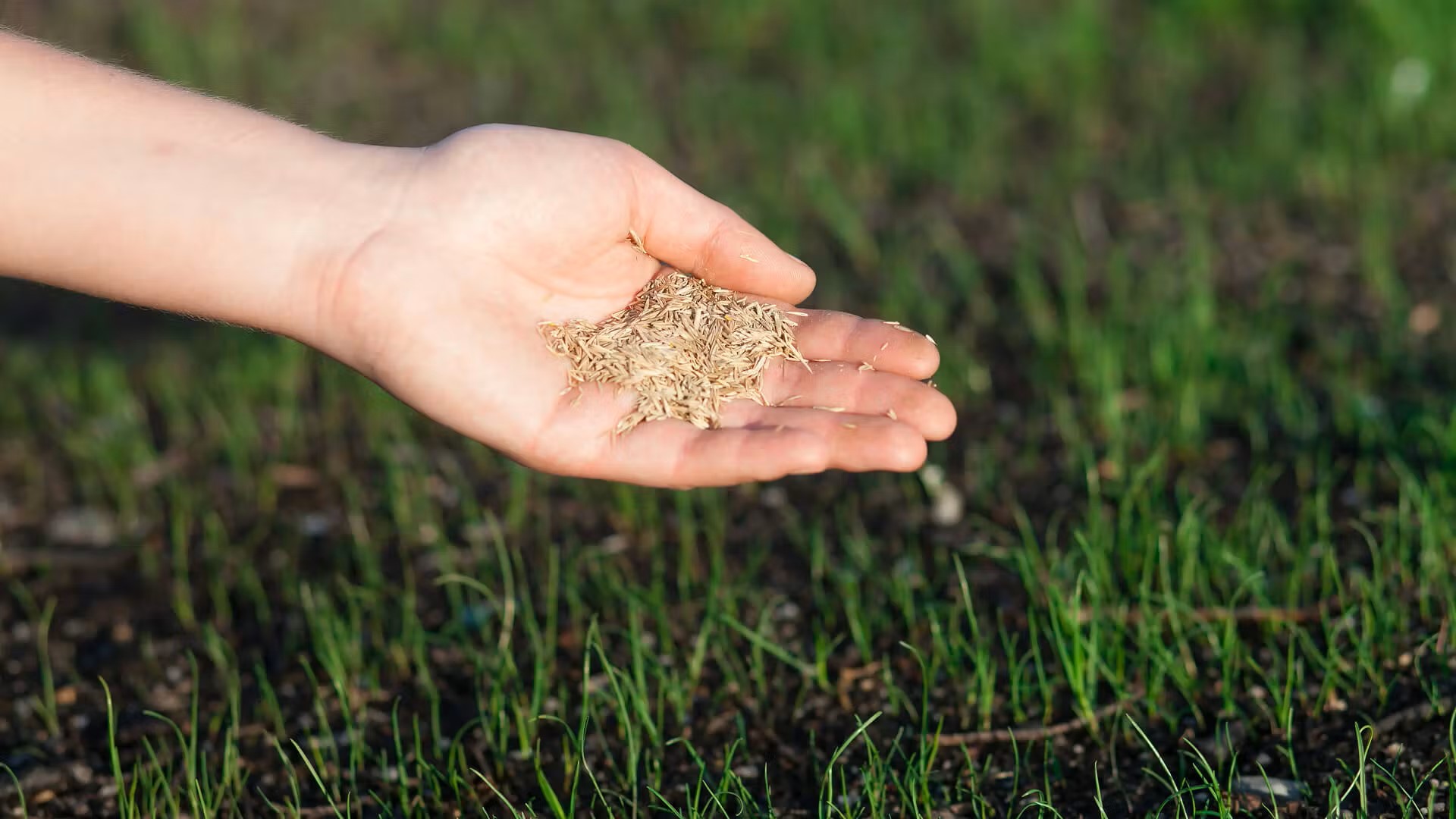
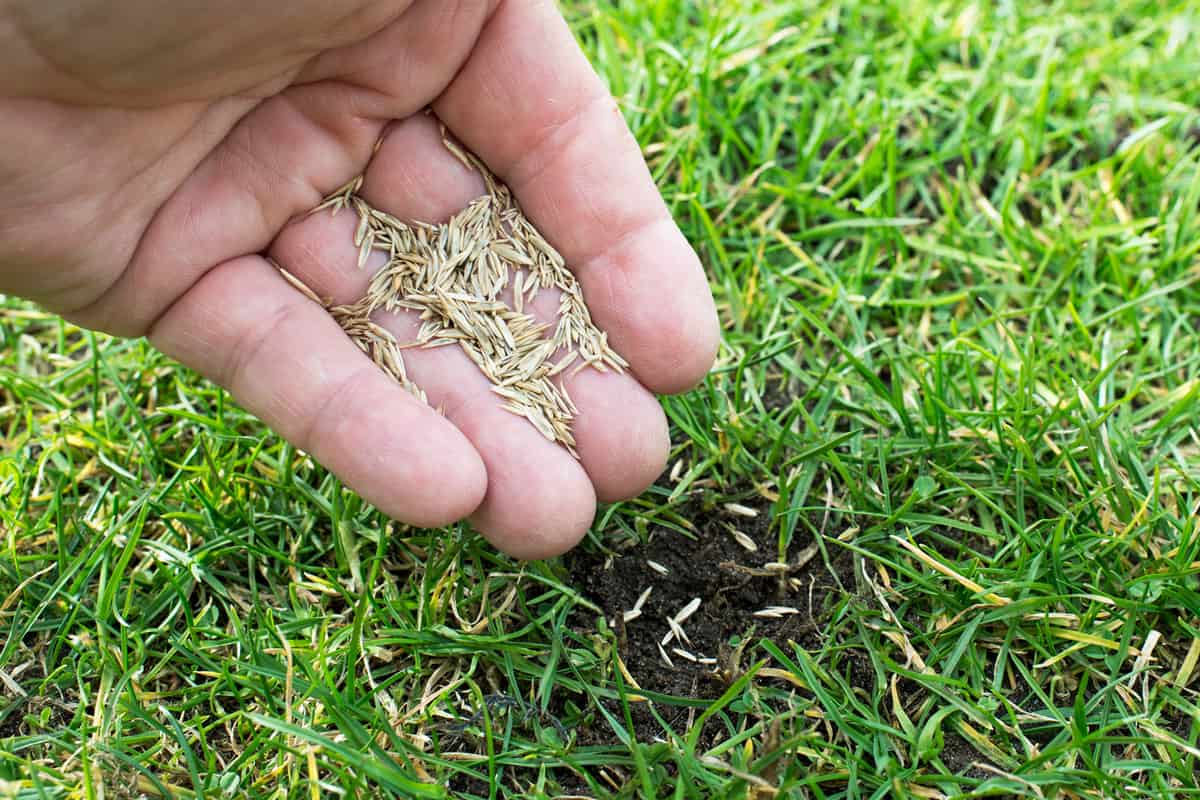
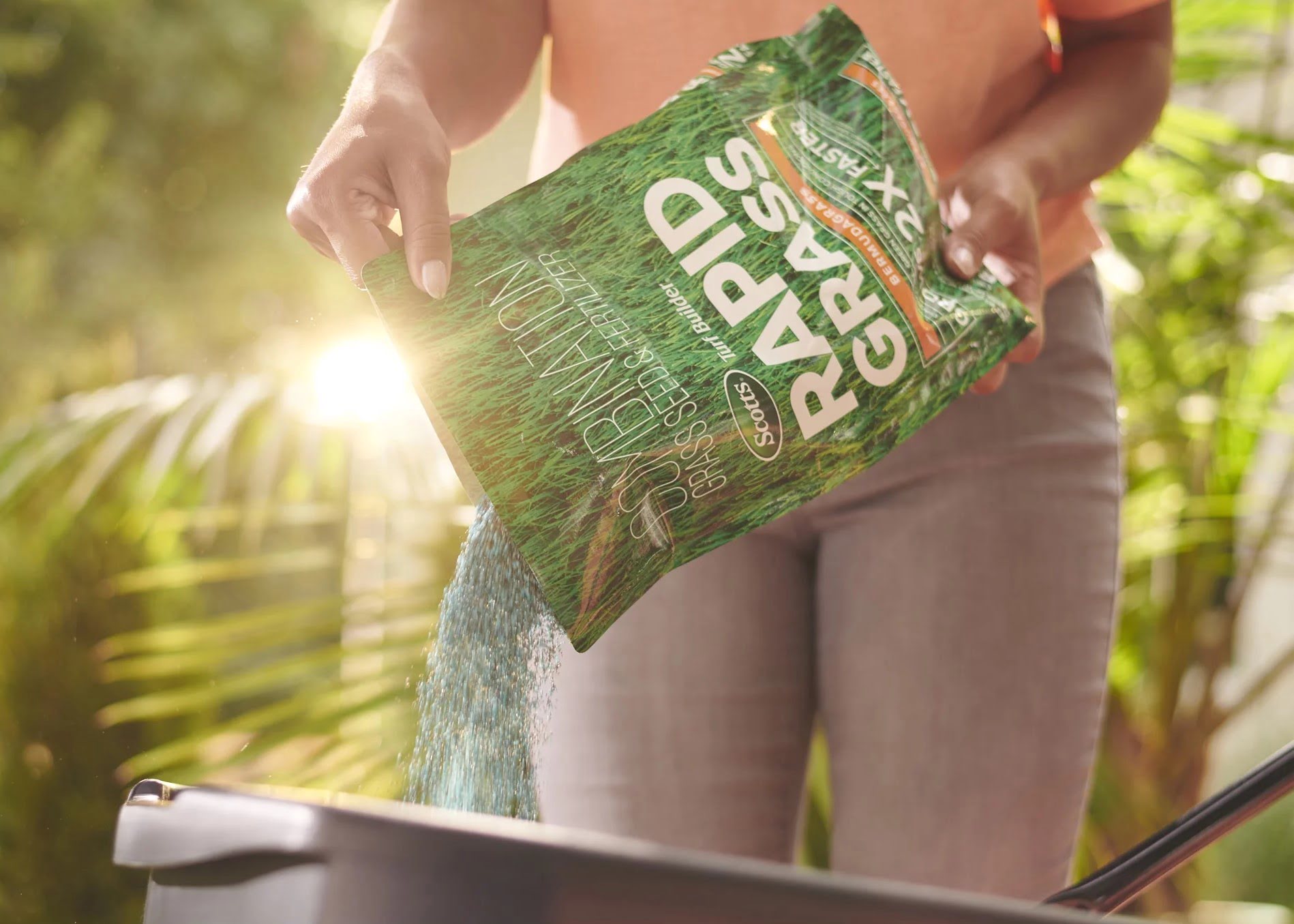


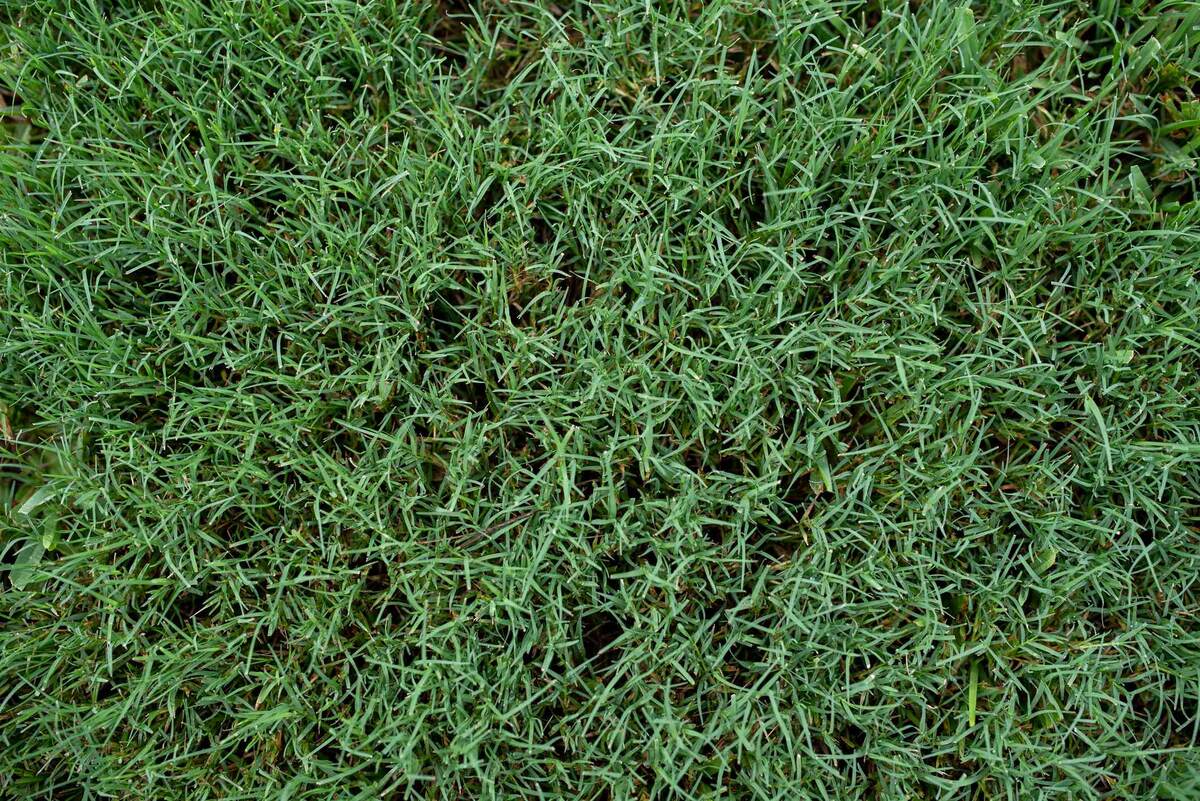

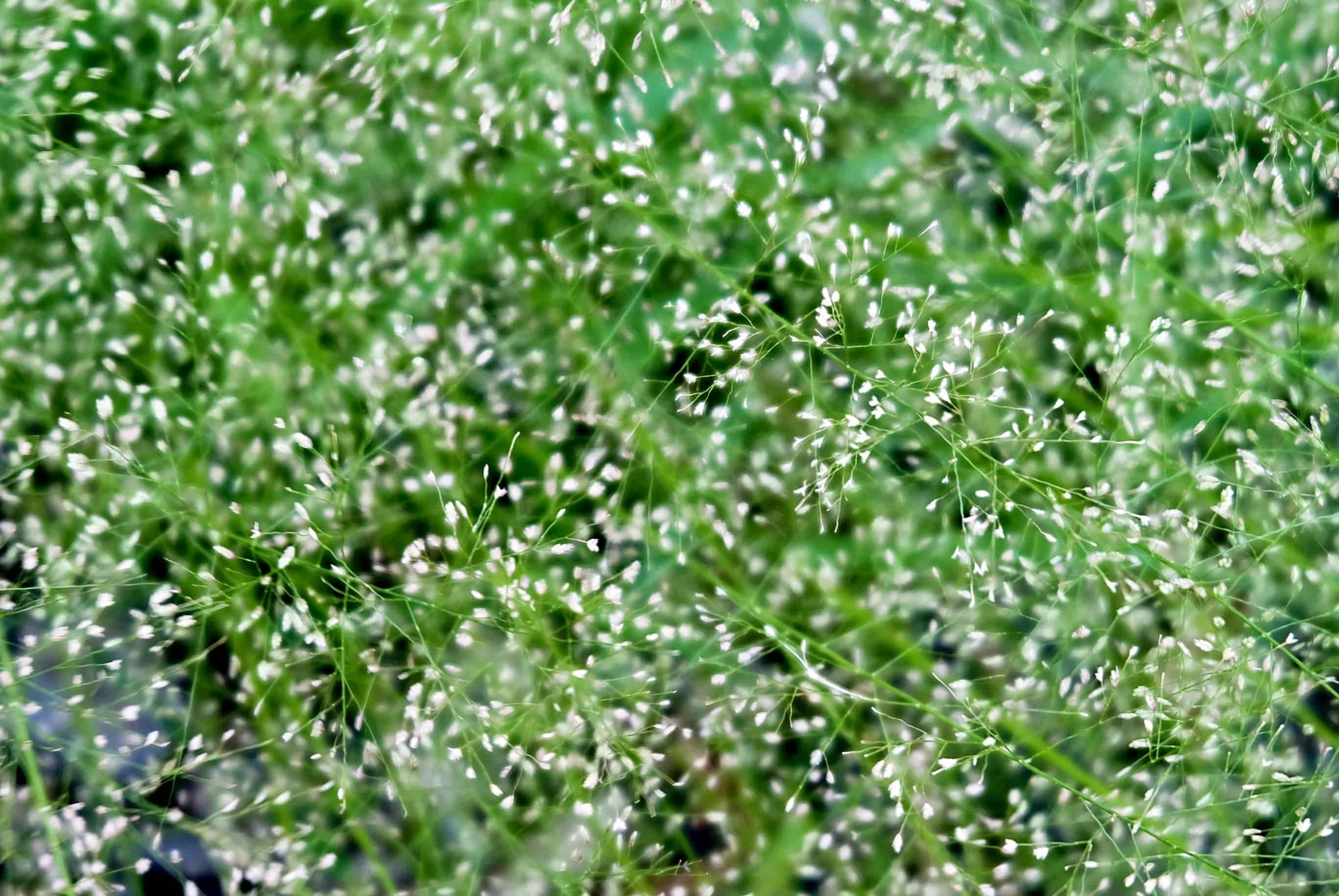

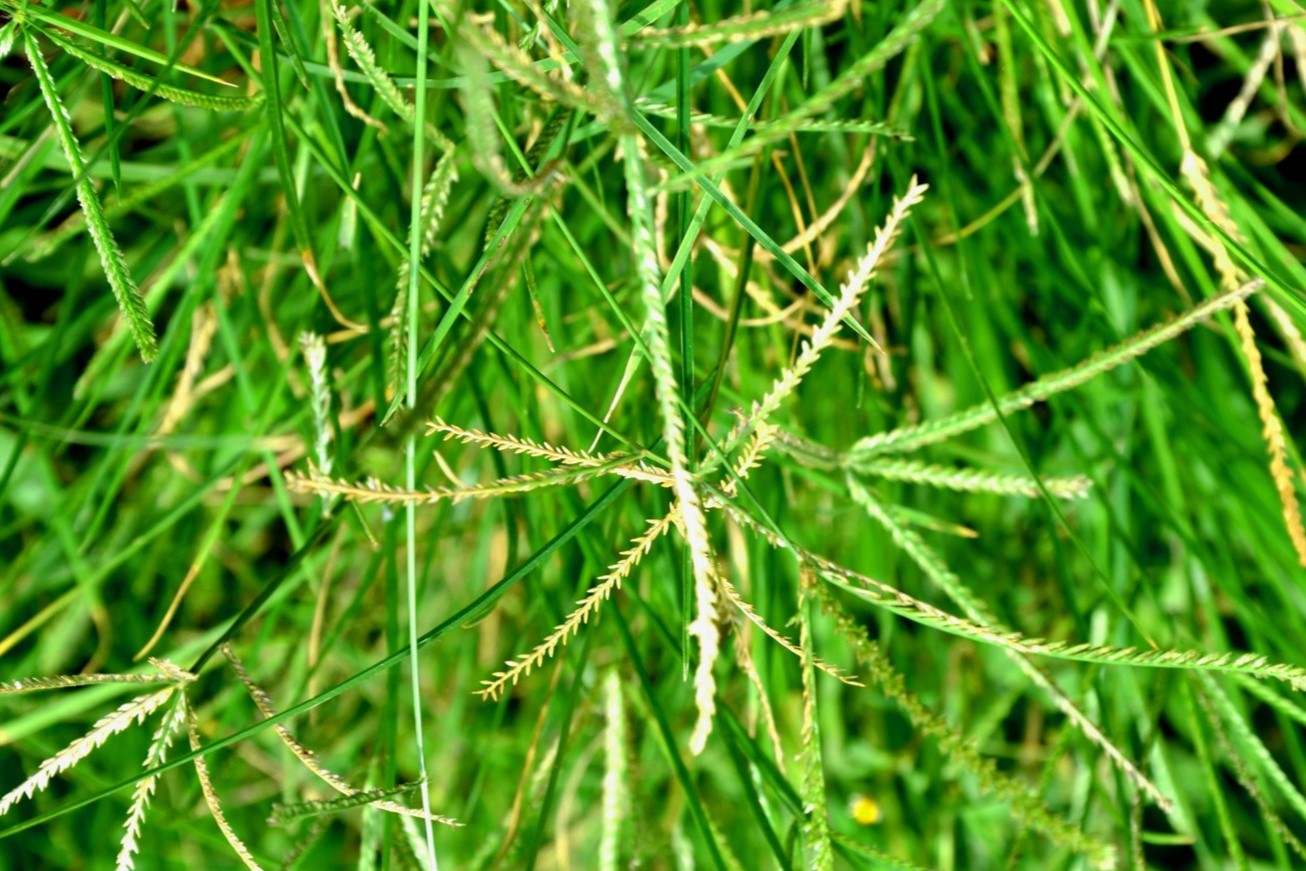
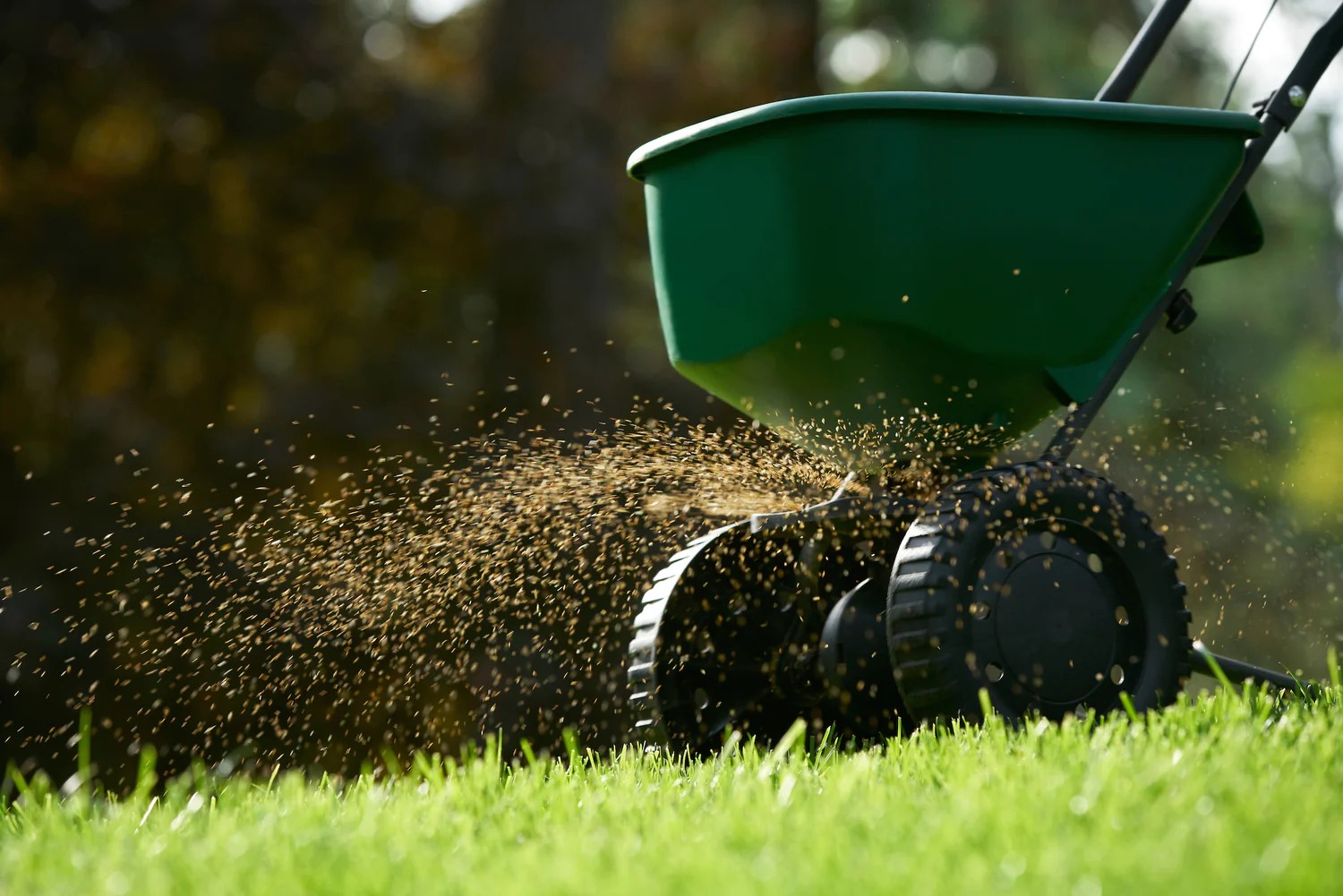
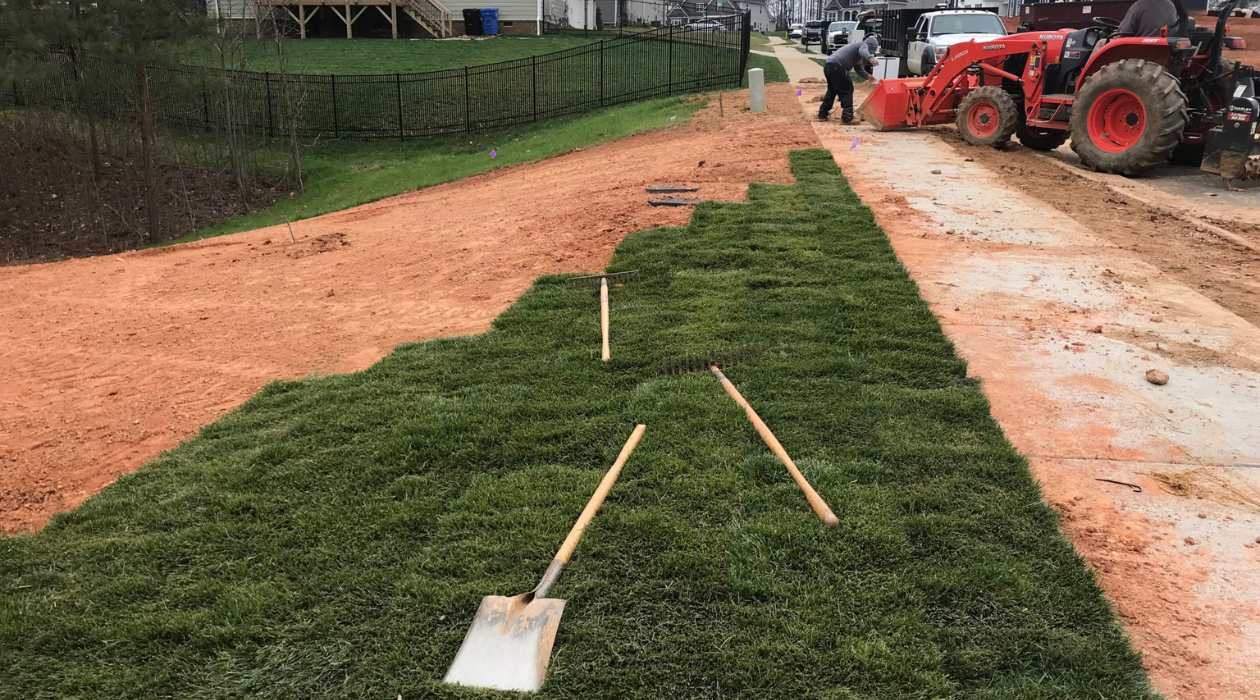

0 thoughts on “When To Seed Bermuda Grass In Georgia”